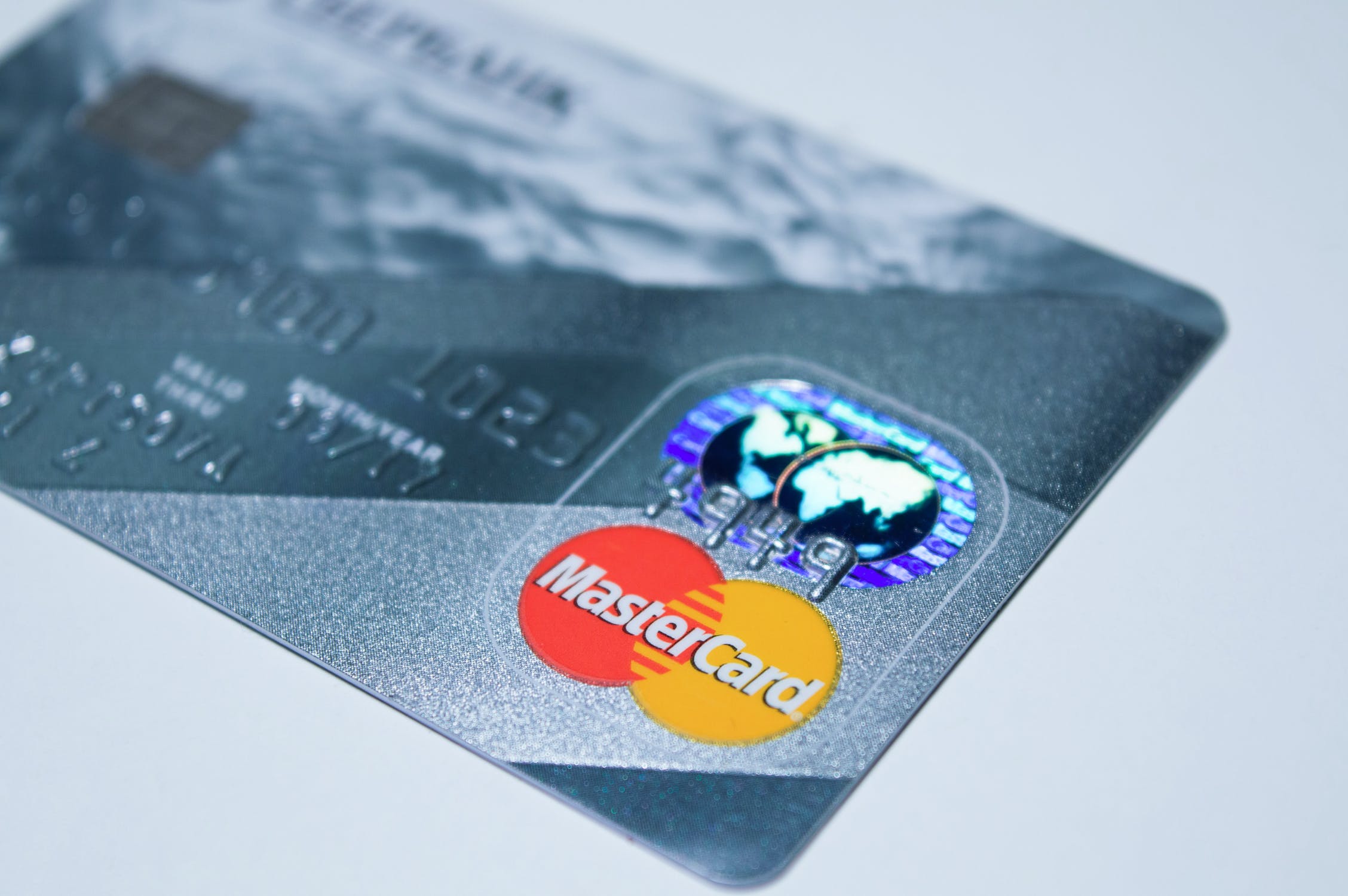
So you’re planning to pay your taxes via credit card? There could be many reasons you want to do this, primarily you want to collect points or you just can’t afford to pay your tax bill in cash right away. Whatever the case may be, there are things you need to be aware of when paying using this method.
The Pros of Paying Taxes by Credit Card
1) Payment Flexibility
Paying with a credit card allows you the flexibility of paying your credit card debt over a certain period. For a lot of people, owing the credit card company feels less stressful compared to owing to the IRS. By paying with your credit card, you just need to ensure that the minimum payment per month is paid back to the card.
2) You can earn rewards
Credit cards usually come with reward programs so you can take advantage of this by paying your taxes via credit card. However, before you decide to do this, check your credit card’s policies regarding minimum charges, interest rates as well as the types of things you can purchase.
3) You will be able to pay after April 15
Paying taxes via your credit card allows you to pay well past the April 15 deadline. The IRS provides this flexibility too, but you have to end up filling additional forms. To avoid the hassle, plenty of people opt to use their credit cards.
The Cons of Paying Taxes by Credit
1) Interests you pay on the taxes you owe
The major drawback here is you’ll end up paying more in the interest the longer you take to pay your credit card dues. You may want to use a low-interest credit card for this purpose.
2) You’ll be charged convenience fees
Using your credit card to make your tax payments, the IRS will charge a convenience fee that is 2.49 percent on your tax bill. Just like interest, the convenience fee is higher the most you owe in taxes.
3) Your card company may think you’re at risk
If you use your credit card to pay your taxes, your card company may deem it as a sign of financial troubles, because to them, it does not make sense to use your credit card to pay unless you do not have the cash This is seen as an increased risk which would then compel the credit card company to increase the interest rate on your payments.
Final Thoughts
Assessing the pros and cons of paying your taxes with a credit card is vital so you are aware of what you are setting yourself up against. While using your credit card gives you flexibility, you should consider other things such as interest rates, which will result with you paying more than what you owe. To find out whether it makes sense to pay with a credit card, you can calculate your tax refund using a tax refund calculator, such as Taxfyle to see if it’s financially feasible versus the interest that you would be paying. Also, late payments would also affect your credit report, your credit score as well as the possibility of you getting other credit cards in the future.





